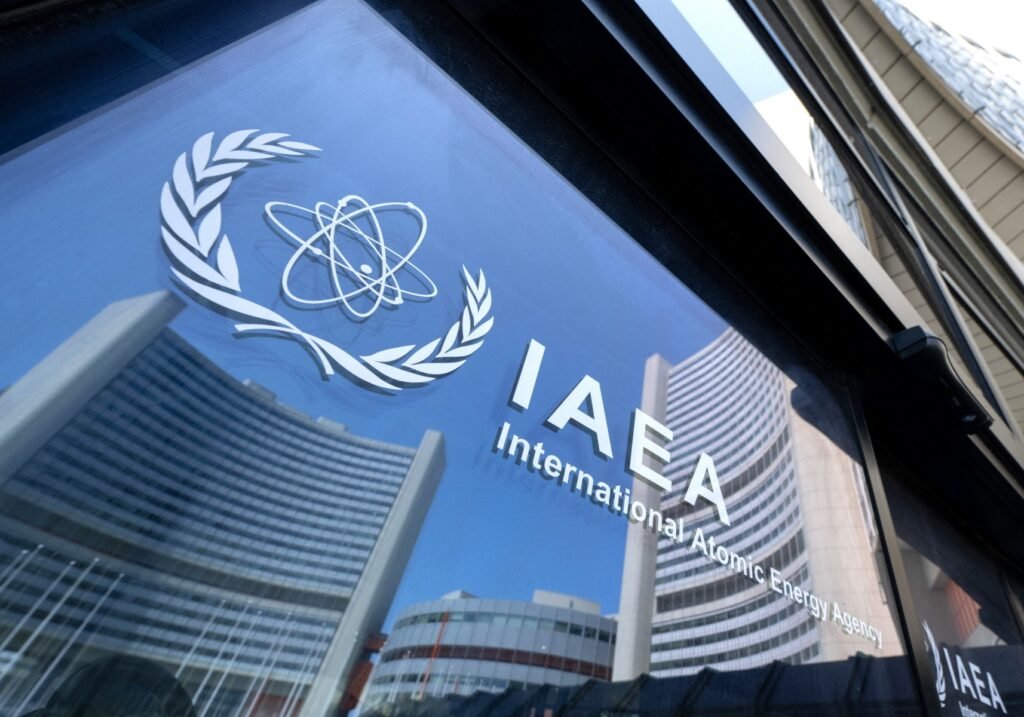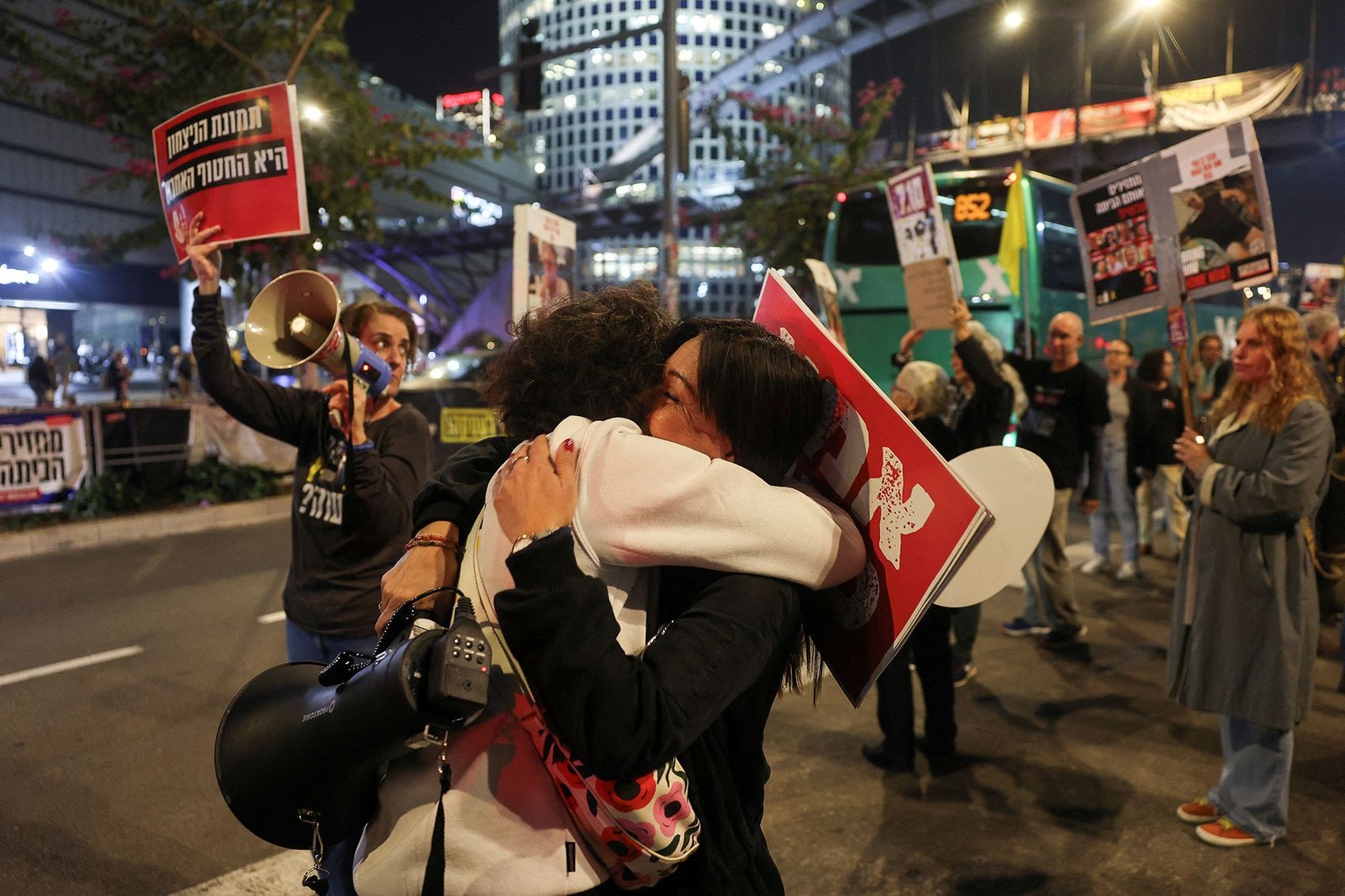MUSCAT: The resolution presented by Egypt at the International Atomic Energy Agency’s (IAEA) 69th General Conference has drawn significant global backing, with 120 countries endorsing its call for greater transparency and accountability in nuclear activities across the region. This broad support highlights growing international consensus on strengthening nuclear oversight and reflects concerns over the risks posed by unchecked nuclear programmes. By securing such a large coalition, Egypt underscored its longstanding commitment to advancing nuclear non-proliferation and disarmament efforts on a regional and global scale.
According to Egypt’s Ministry of Foreign Affairs, the resolution aims to bolster global commitments under the Nuclear Non-Proliferation Treaty (NPT) and reinforce international norms against the spread of nuclear weapons. It represents an attempt to close gaps in existing safeguards and prevent clandestine nuclear activities by requiring more stringent verification measures. The proposal also signals renewed diplomatic efforts to address regional security issues tied to nuclear proliferation, a subject that has long complicated peace and stability efforts in the Middle East.
The resolution explicitly urges all states in the region to accept comprehensive IAEA safeguards, accede to the NPT, and accelerate work toward establishing a nuclear-weapon-free zone in the Middle East. This objective, envisioned decades ago, has faced repeated delays due to political and security disagreements among regional actors. By placing the issue back on the international agenda, Egypt and its supporters hope to reinvigorate negotiations and build momentum toward a more secure and transparent regional security architecture.
Analysts note that the overwhelming endorsement of this resolution demonstrates both the diplomatic skill involved in rallying such broad support and the growing urgency of addressing nuclear risks in a volatile region. While implementation will depend on the willingness of individual states to comply, the measure sends a strong signal of collective resolve and reinforces the legitimacy of the IAEA as the key global institution for monitoring nuclear activities. If pursued effectively, the resolution could lay the groundwork for deeper cooperation, mutual confidence-building, and long-term stability in the Middle East’s nuclear landscape.



